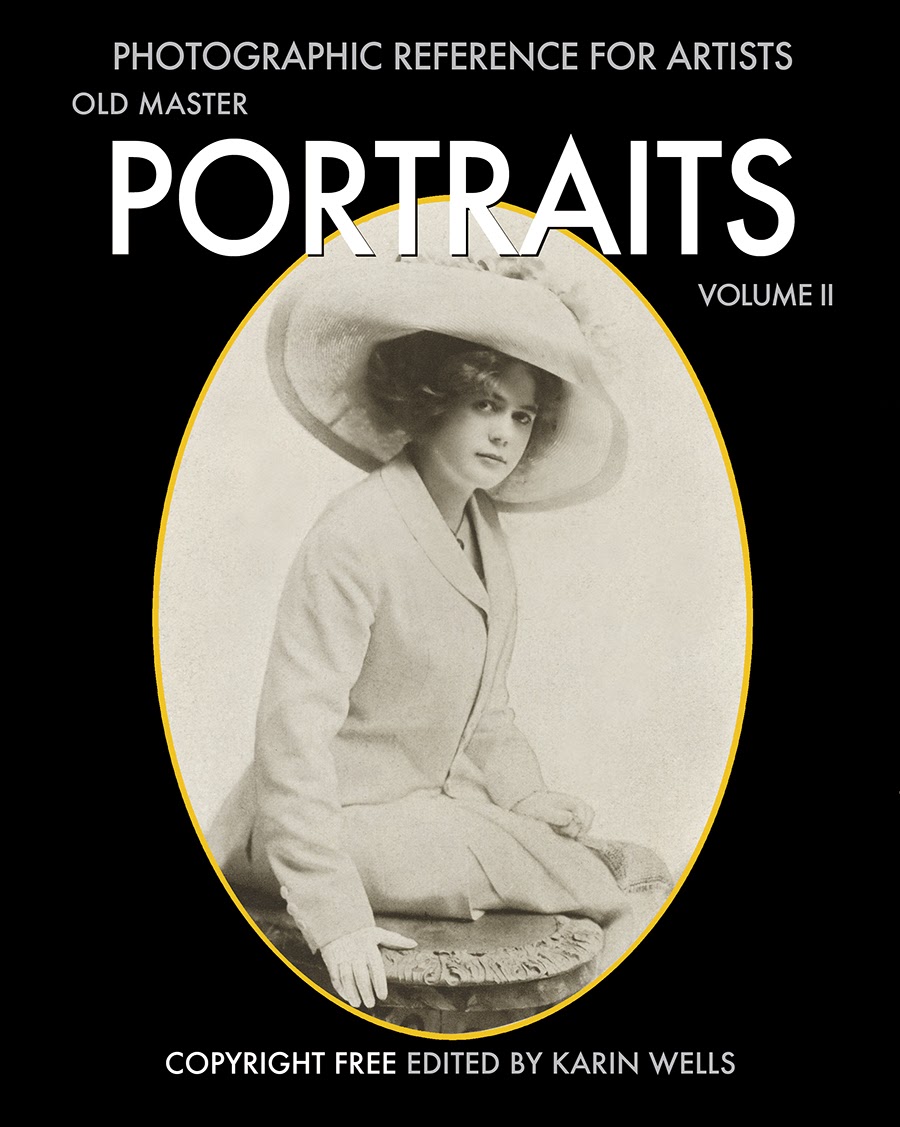Malcolm Gladwell says it takes 10,000 hours of easel time to become "the best painter in the world."
10,000 Hours? Are You Kidding Me?
Here's my take on why it takes some time to become a good painter: it's the neurological training of your brain to a new task.
10,000 is a hard number to reach and most ordinary people bail long before reaching that goal (and presumably this is why most of us are not great painters).
Learning the craft of classical oil painting isn't easy if you're starting from scratch - but logging in whatever time it takes to become a competent painter really is doable for everyone.
You can learn to paint in an "intellectual" way - read this blog, pick up a brush and find out how "easy" it is - Ha!
But there is no substitute for putting in some serious time. Here's why "time" will teach your brain how to paint - and then painting will grow into an "easy" skill.
The repeated act of painting - over and over - builds a type of implicit memory - which means that your brain holds knowledge of something your mind cannot explicitly access. (i.e., you do it - but it is tough to explain).
Albert Einstein said: “Love is a better master than duty.” (In other words, it you love to paint it won't be hard to put in a lot of hours to learn this skill).
Riding a bike, tying your shoes, typing on a keyboard, and steering your car into a parking place are examples of what you learned by "doing it." And the more you do these things, the better, faster and more accurate you get.
But can you explain exactly how you do it? Not so easy...
By the act of painting repeatedly, you'll develop a perfectly timed choreography with which your muscles contract and relax as you navigate your way around a canvas with a loaded brush. The more you do it, the happier the result and the easier it gets.
ALBERT EINSTEIN:
“It is not that I'm so smart. But I stay with the questions much longer.”
This is the gap between what your brain can do and what you can tap into consciously.
The old studio system made it easier to learn to paint. The master would stand over the apprentice and watch and give feedback. After some period of time, the student's brain was trained to be masterful - albeit unconscious.
Sometimes this is assumed to be "talent" - but I think that merely putting in time counts for more than the "magical talent myth." In time, it actually becomes part of your neurology.
Good painters - and people on their way to being good painters - put in whatever hours are necessary - over some period of time - to learn the skill of good painting.
Einstein talks about time and repetition:
“If you want your children to be intelligent, read them fairy tales. If you want them to be more intelligent, read them more fairy tales.”
Handling paint is subtle. Oil paint "feels" different and behaves differently on different days. It depends on the temperature, humidity, how long it's been on the palette, the medium and canvas you're using, etc.
It takes time to learn these things and if you discover a substitute - please let me know.
If you painted 40 hours a week for a solid year you'd accumulate about 2000 hours. Thinking about 10,000 hours is a bit humbling, isn't it?
KARIN WELLS (trying to sound like Einstein):
“It is not that I'm such a good painter. But I probably worked more hours than most.”
The conscious mind is not at the center of the action in the brain; instead, it is far out on a distant edge, hearing but whispers of the activity.
You have to sit down and paint - repeatedly - if you want to become a good painter.







2 comments:
So true. It is always interesting to read your posts Karin.
Thank you for sharing.
Anne-Marie
Thank you for your blog. I have visited it several times and have learned a lot. I have even attempted and abandon a few pieces, with a couple of keepers. I am looking forward to your book.
Post a Comment